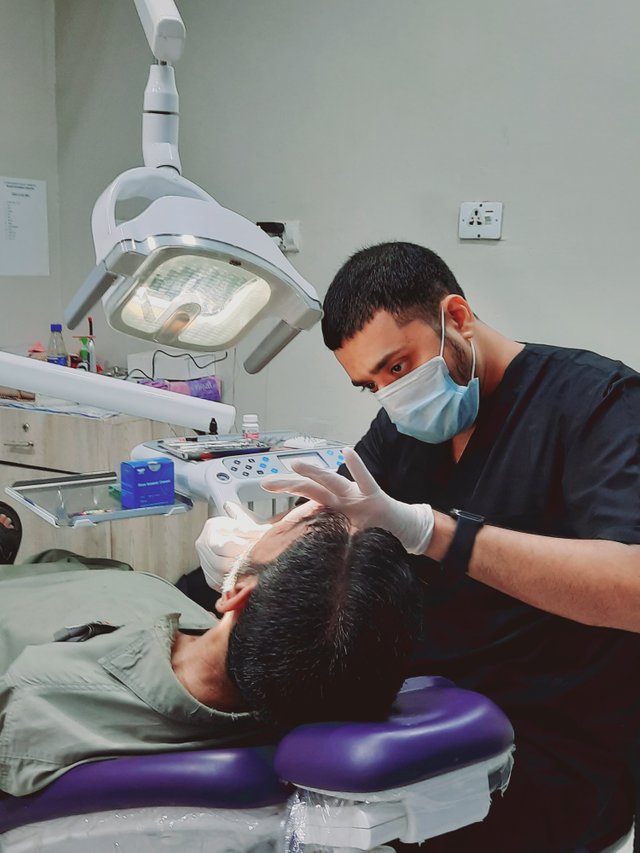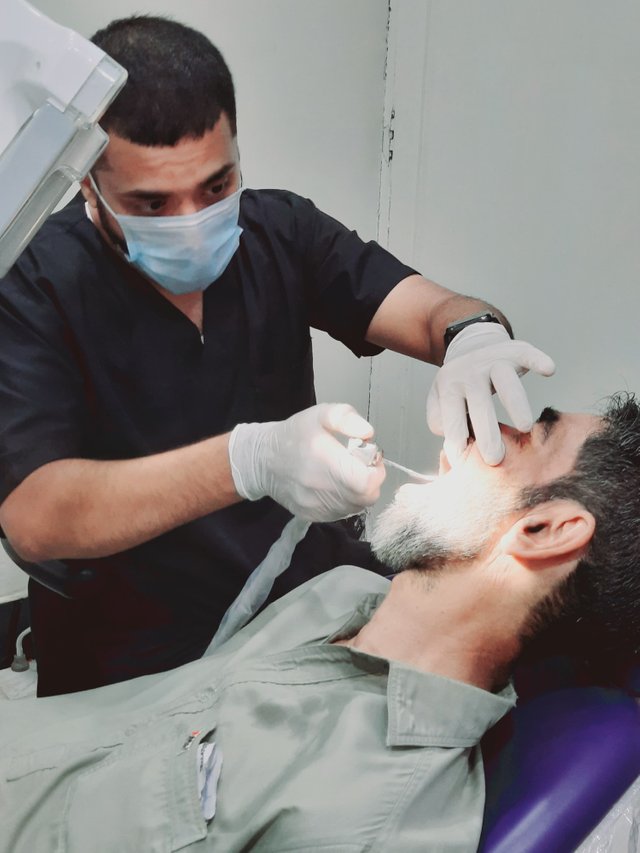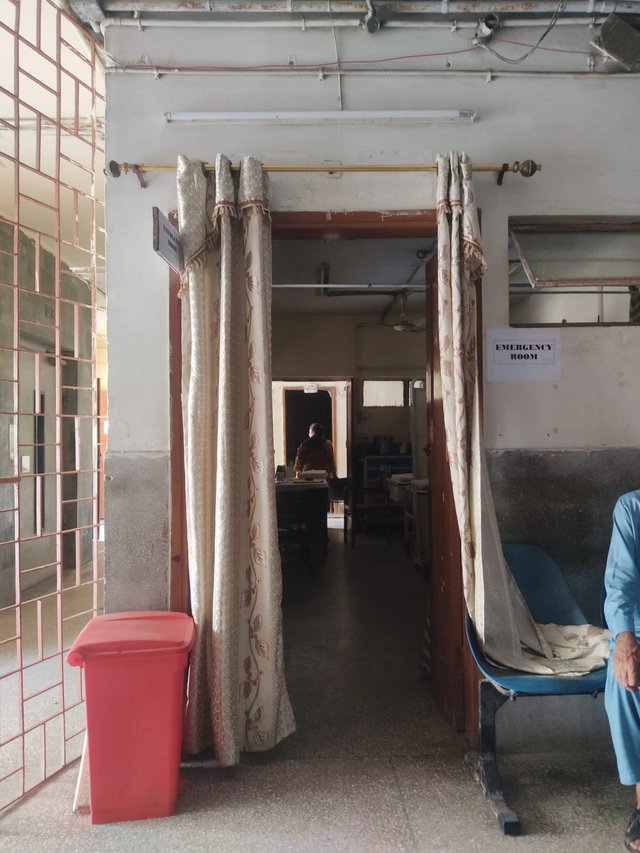The public healthcare sector in Pakistan, as well as in many other developing nations like India and Bangladesh, faces severe challenges that contrast with the excellent public healthcare systems seen in countries such as those in the Middle East—Saudi Arabia, the UAE, Qatar—and various European nations. In these regions, the public healthcare systems are often so robust that insurance covers entire procedures, ensuring comprehensive care for the citizens. However, the situation in Pakistan and similar countries is far from ideal.
In Pakistan, the public healthcare system is plagued with numerous issues, from outdated machinery to inadequate management. Patients are the most visible victims of these shortcomings; they endure long waits for treatments, often in overcrowded and under-resourced facilities. The lack of modern equipment and efficient management significantly hinders the quality of care patients receive. This deplorable state of affairs extends not only to patients but also to the healthcare professionals who work tirelessly under these adverse conditions.
Doctors and other medical staff in Pakistan's public hospitals face daily struggles that are often overlooked. While the sympathy generally lies with the patients, it is crucial to acknowledge that healthcare professionals suffer equally. These doctors, who are committed to saving lives and alleviating suffering, often have to work in environments that are far from conducive to providing quality care. Basic amenities such as proper chairs for sitting during patient diagnoses are often lacking. Furthermore, the absence of essential diagnostic kits and other medical supplies severely hampers their ability to perform their duties effectively.
The strain on healthcare professionals in these conditions cannot be overstated. They are expected to deliver the best possible care with limited resources, which can lead to frustration, burnout, and a sense of helplessness. The lack of proper tools and infrastructure not only affects their work efficiency but also their morale. Despite these challenges, many doctors continue to serve with dedication, driven by a sense of duty and compassion for their patients.
Public protests and appeals to the government have been the traditional means for healthcare workers to voice their grievances and demand improvements. While these actions are necessary, they are often met with slow responses or temporary fixes rather than long-term solutions. The government’s lack of sustained attention and investment in the healthcare sector is a significant barrier to progress.


I had the opportunity to join one of the very few government hospitals in Karachi, apart from my parent institution, the General Hospital. I currently work there as a general dentist. The hospital has only one dental outpatient department (OPD) with two units, and only one of them functions properly. How did I secure this position? Through connections. I am not ashamed to admit publicly that I used some connections to get into this hospital. And how much do I get paid? Absolutely nothing. Zero. سفر. Null. Cero. I receive no salary because I am still considered "a fresh young dentist, and this exposure would help me polish my skills."

The place is an absolute mess, and let me explain why.
The entire hospital has only one dental OPD with two units, one of which does not even have an electricity supply. This means we cannot perform any procedure that requires the use of a handpiece, such as root canals or surgical extractions. We are severely understaffed, with no assistants, no nurses, nothing. Every day, I wash and autoclave the instruments myself, set up the unit every morning, and clean the OPD on my own. Doing these tasks does not make me any less of a professional, but we deal with a significant number of patients daily.
Speaking of patient influx, it is overwhelming. More than 20 patients visit the dental OPD every day. For diagnoses, we do not have any dental diagnostic kits. No torches, no lights. We have to use our own phones for the flashlight. With all these patients, there are only three dentists, and one of them is leaving at the end of the month, which will leave just two of us behind.
I must commend the doctor who took charge of this OPD and renovated it entirely from his own budget, buying dental units and instruments to make it look like a functional dental OPD. Otherwise, if you had seen the old pictures of this place, you would have been shocked.
Yesterday, I arrived at the hospital at 9:30 AM. My appointed patients were already waiting for me, but I could not do anything because there was no electricity. So, I had to wait it out with them. This is what the hospital looks like without electricity:

We cater to a community which is extremely poor. Many patients struggle with poverty and limited access to resources. Despite this, we strive to offer high-quality care at exceptionally low costs. Consider that our most expensive procedure, a root canal, is only 500 rupees, which translates roughly to $1.50 USD or 4.5 steem. In fact, all other procedures fall below 300 rupees, meaning they cost less than a dollar or about 3.2 steem. Working here allows me to witness firsthand the positive impact affordable healthcare can have on those who might otherwise go without. We see a wide range of patients, all seeking relief from dental issues, and it's incredibly rewarding to be of help to people like these.
The challenge we face is cost. Many patients, when faced with dental problems, simply forgo treatment altogether because they can't afford it. Here in Pakistan, unfortunately, dental care often takes a backseat to other needs. People only come to the dentist as a last resort, when the pain becomes so severe they can't bear it any longer. This creates a difficult situation. We want to help our patients, but if they can't afford the treatment, they may end up with even more serious dental problems down the line. Ideally, we'd like to see a shift in preventative care. If people came in for regular checkups and cleanings, we could identify and address small issues before they become major ones. This would not only be better for their overall health, but it would also be more cost-effective in the long run.

My experience here has been eye-opening. It highlights the reality of the public healthcare system in Pakistan. The dire conditions and lack of support for both patients and healthcare professionals are alarming. It is evident that significant changes are needed to improve the situation. The government must invest in healthcare infrastructure, provide necessary equipment, and ensure adequate staffing. Without these changes, both patients and healthcare professionals will continue to suffer. In my upcoming posts I'll be posting my series of Public outreach programs as well, just like I have in the past.
In my opinion substantial government investment in healthcare infrastructure is essential. This includes upgrading medical equipment, ensuring a steady supply of necessary medicines and diagnostic kits, and improving hospital facilities to provide a more comfortable and efficient working environment for healthcare staff. Secondly, proper management practices need to be implemented to streamline operations and reduce inefficiencies within the system. Training programs for healthcare workers and administrators can enhance their skills and improve overall service delivery
Conclusively, addressing the challenges in Pakistan’s public healthcare system requires a concerted effort from all communities, including the government, healthcare professionals, private sector, and international community. By prioritizing healthcare as a fundamental right and investing in the necessary resources and infrastructure, it is possible to create a system that not only meets the needs of patients but also supports and values the dedicated professionals who work within it. Only then can we hope to see a significant improvement in the quality of public healthcare in Pakistan
Oh, it seems that the situation in your health care system is much worse than even in Ukraine. It is sad. Prices also vary greatly. The canal cleaning you mentioned will not cost less than $25 here, and it is $75 in a private clinic.
Downvoting a post can decrease pending rewards and make it less visible. Common reasons:
Submit
It is indeed subpar here in Pakistan. At my private Clinic I charge $35 for a root canal and $30 for capping.
Downvoting a post can decrease pending rewards and make it less visible. Common reasons:
Submit
It's a shame... You make a great job!
Downvoting a post can decrease pending rewards and make it less visible. Common reasons:
Submit
Thank you. It's a shame indeed but the youth has had enough. I'm determined to see change in this country. The youth is starting to take a stand against all the injustices and atrocities. Did you read my public outreach programs' posts? We have been going school to school all on our own expenses, trying to spread dental hygiene awareness. I just wish sometimes that we had support from the state.... Just a wish... but this won't demotivate me or my team anytime soon. Hope is what we have...
Downvoting a post can decrease pending rewards and make it less visible. Common reasons:
Submit
I have read and admired it. We certainly have our problems and hardships here too, but they are nothing compared to your challenges. It's great how you deal with them. If young people manage to prioritise things differently than previous generations, I congratulate them on their progress!
Downvoting a post can decrease pending rewards and make it less visible. Common reasons:
Submit
As someone who has worked in both public and private sectors, I am so disappointed to say this is the level and quality of healthcare our people receive.
You either compromise on the quality and safety of healthcare and get subsidized treatment in government hospitals or burden yourself with insane private sectors charges. There is nothing in between.
I really hope we are able to make amendments in the system
Downvoting a post can decrease pending rewards and make it less visible. Common reasons:
Submit
Your post has been successfully curated by our team via @steemdoctor1 at 35%.
Thank you for your committed efforts, we urge you to do more and keep posting high-quality content for a chance to earn valuable upvotes from our team of curators and why not be selected for an additional upvote later this week in our top selection.
Downvoting a post can decrease pending rewards and make it less visible. Common reasons:
Submit
Especially in government hospitals these problems are more. I see such situation in my country too. For example, there is a lot of negligence in terms of cleanliness, starting from bed management for patients. Government hospitals are very poor for poor people. I am also upset about such a situation in your country. But I respect your work. May Allah bless you.
My discord: Solaymann#6464
Downvoting a post can decrease pending rewards and make it less visible. Common reasons:
Submit
Sent you a request
Downvoting a post can decrease pending rewards and make it less visible. Common reasons:
Submit